Augustinus Bader on his revolutionary approach to skincare
The mind behind the most coveted products in beauty discusses the science behind the brand
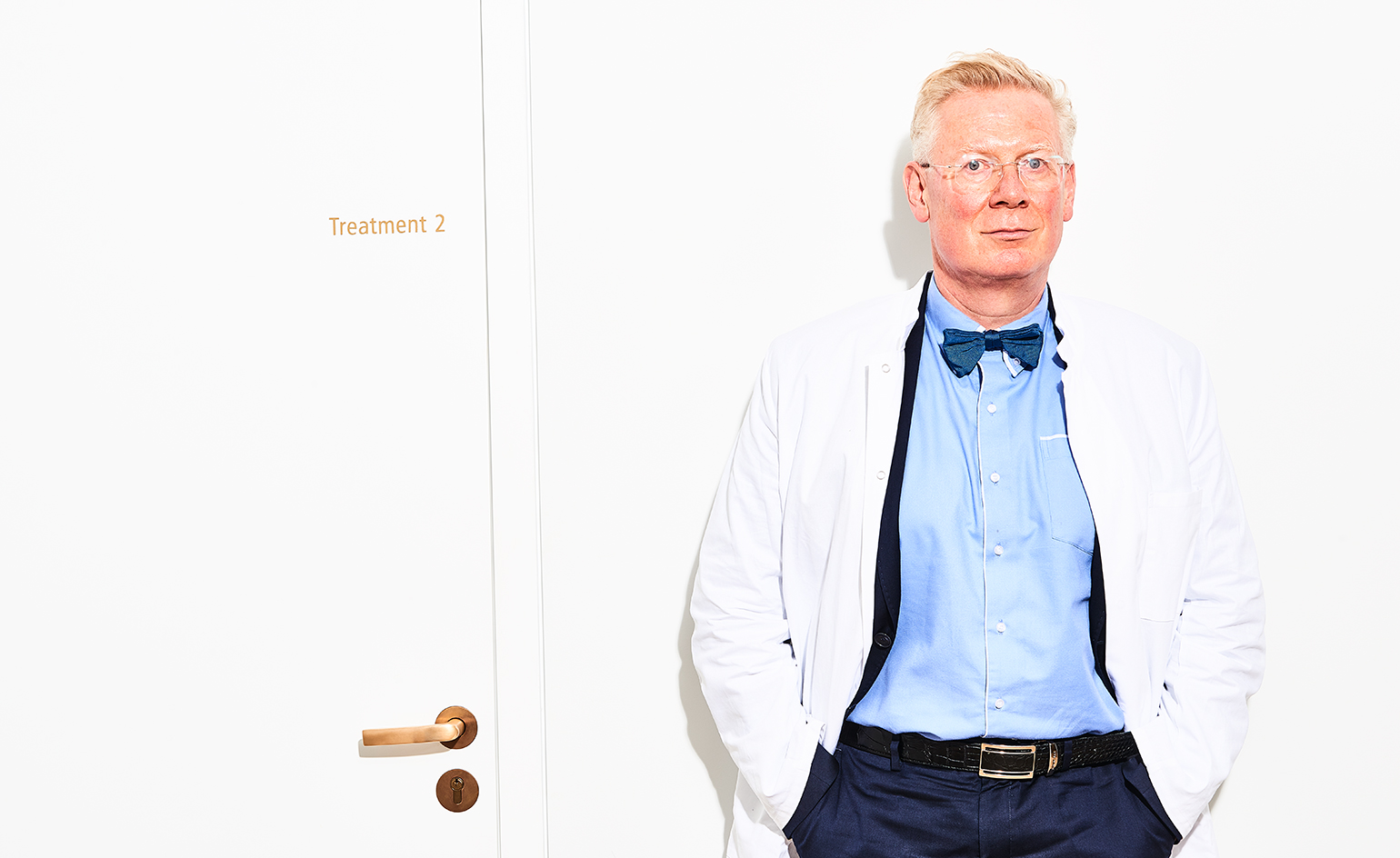
When Augustinus Bader first launched The Cream in 2018, it was hailed as a miracle. In a matter of weeks, it could transform any skin type within any age range, dispelling wrinkles, redness, dryness, scaring, visible pores, sagginess, and practically every other skin concern it would usually take a shelf load of serums to combat. While miraculous, magical, and other mystical attributions can easily, and quite fairly, be applied to Augustinus Bader products, the real genius of the brand comes down to pure science.
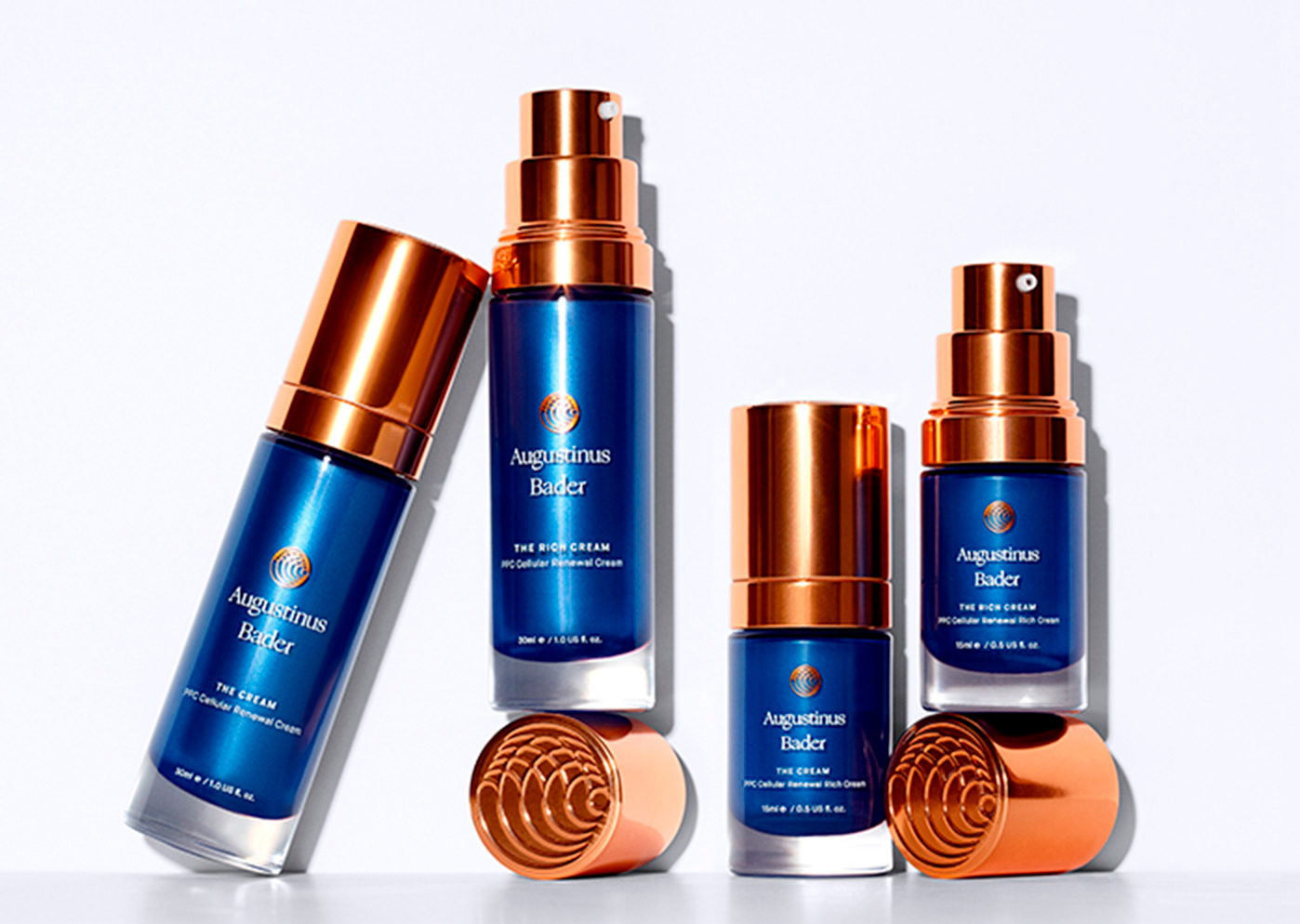
The Augustinus Bader skincare brand was the by-product of its namesake’s development of medical-grade cream, which could heal severe burn injuries to an extent that was previously only possible through skin grafts. Professor Bader, a stem cell and biomedical scientist at Leipzig University, was hoping to get the cream backed by a pharmaceutical company but, in the words of his business partner Charles Rosier, ‘clinical trials cost tens of tens of millions of dollars…and the majority of accidents around burns happen to children, often in third-world countries. For a pharmaceutical company, when the outcome is not necessarily the most profitable outcome, there’s less interest.’
Inspired to make Bader’s cream widely available, Rosier encouraged the Professor to translate the principles of his burn cream into skincare. ‘In my mind, I thought, if we create a cream that’s superior to what’s on the market and it’s a big success, then he can focus on is research and we can finance the clinical trial.’
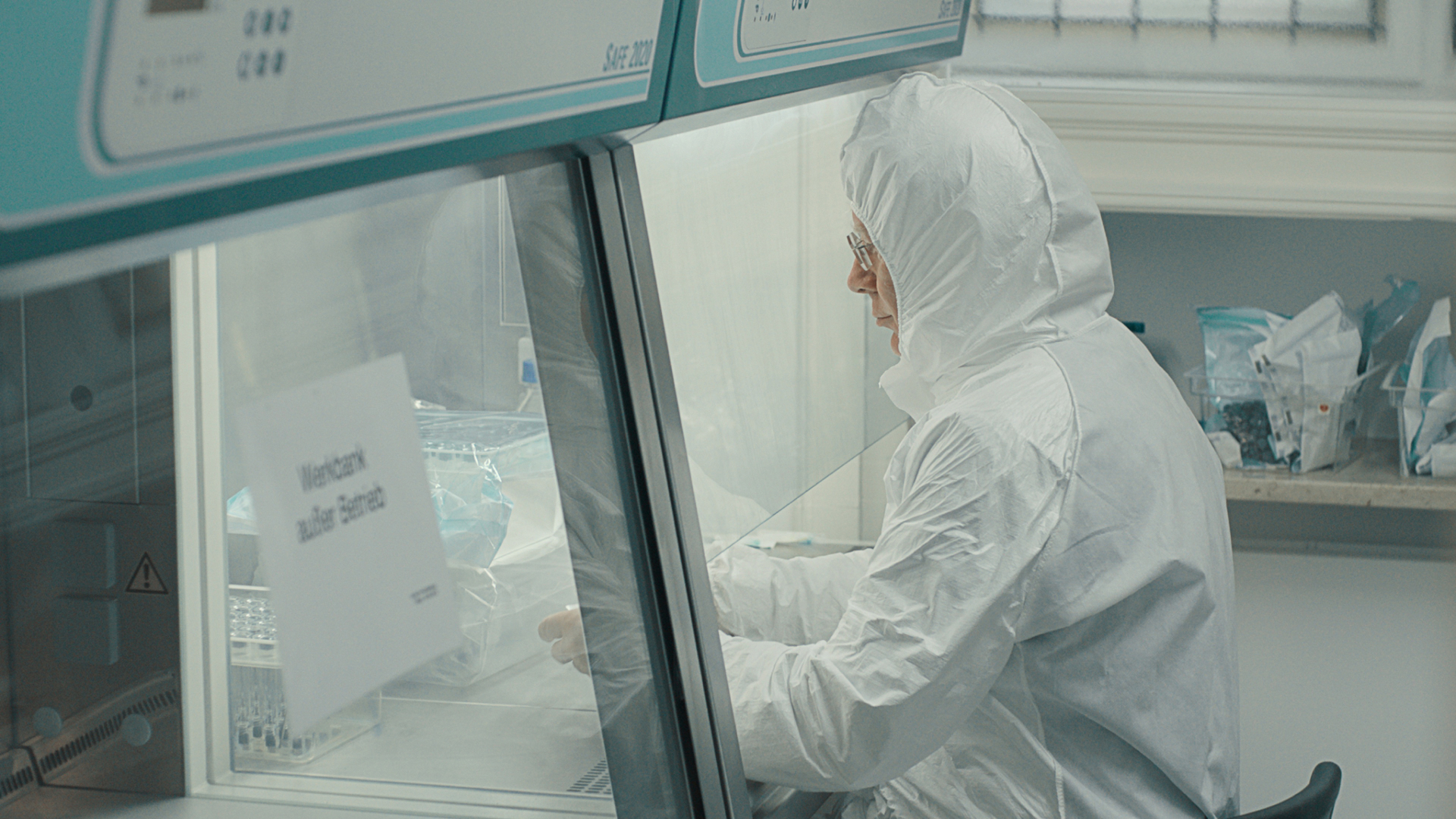
Bader’s cream centred around one, revolutionary hypothesis—that the body already possesses all of the stem cells it needs to regenerate itself. The problem, when it comes to the skin’s inability to heal from severe injuries or just the everyday effects of ageing, is that the body’s ability to trigger those regenerative cells has been impeded.
Bader developed this hypothesis based on two observations. First, that the size of the wound affects the body’s ability to heal. A small paper cut heals quickly, while a large scale burn takes time to heal and often leaves scar tissue. Secondly, the body automatically knows where the site of an injury is. When you cut your left hand, your body immediately starts sending cells to the area of the cut so that the skin can rebuild. Yet, the same tissue would never rebuild on your right hand because it rebuilt on your left. Only where there is a wound is the body rebuilding.
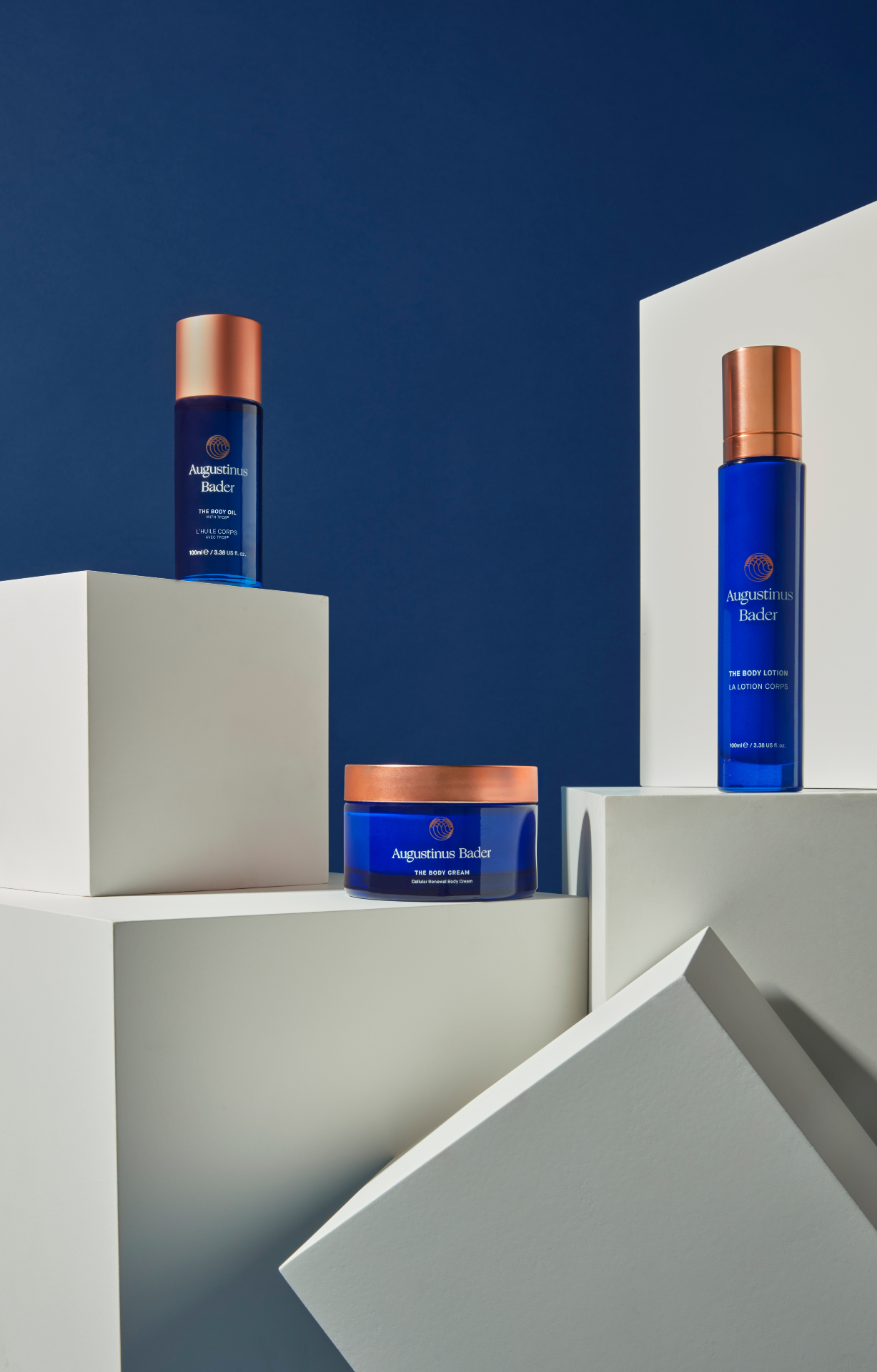
In Bader’s words, ‘If the cut is super small, you would have a small distance between the edges of the cut skin and the cells can still communicate over this small distances through the hand, and would close the wound. But if you burn your hand, the cells would be dying and the signal response cannot arrive at this injury. The response is totally different, the small cut heals perfectly, while on the other side the big injury kills this confirmation.’
‘So the basis of [my] hypothesis is that this is probably just the absence of specific molecules that cannot arrive to the site of the injury because cells are dying or are blocked. So many, many years ago I started trying to find solutions to this problem because genetically speaking we’re the same human being, why would we have these limitations, why would we have these problems? It doesn’t make any sense.’
‘I thought, why not try to replace what the cells would be doing if they were present?’ That triggering complex, which singles the cells to respond to the injury, or, when it comes to skincare—wrinkles, is the secret, miracle like element of Bader’s cream.
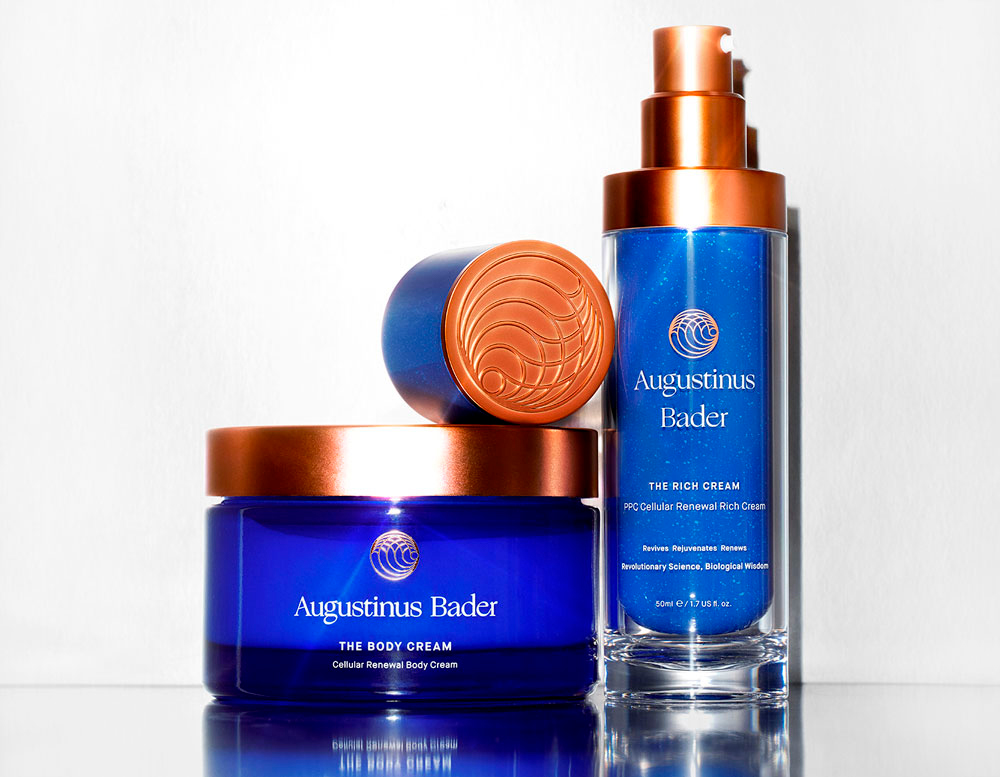
Unlike most skincare, which just changes the outside surface of the skin, Bader’s skincare works from the inside out, transforming the body’s internal, cellular communication for exterior changes. ‘I think ageing is just a lack of repair, a lack of regeneration. Skin is a living organism, which has to be remodelled, meaning repaired a little bit everyday. But you can accelerate this repair lead.'
Receive our daily digest of inspiration, escapism and design stories from around the world direct to your inbox.
‘There's something super, super sensitive inside of you, which are these cells that sense the microenvironment and respond to the need. So the cream, in a way, is only a toolbox, which helps your stem cells when they sense this need to interact more appropriately.’
This new approach to the effects of ageing is a revolution in skincare that, no doubt, heralds the beginning of a new science-driven, cellular-focused trend in the industry.
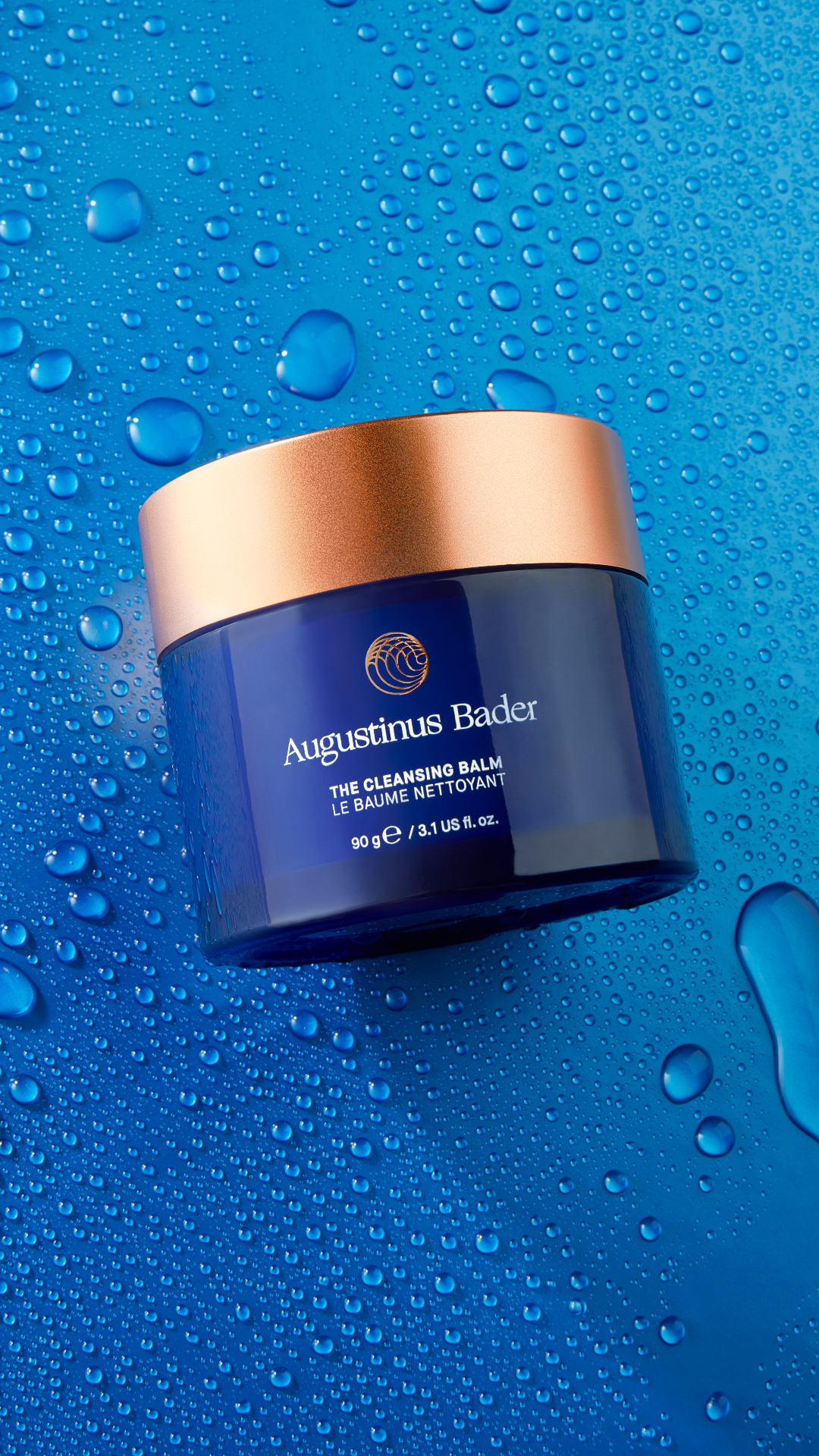
This year, Bader has launched a number of additional products to his line beyond The Cream and its companion The Rich Cream. The new additions include a Cleansing Gel, Face Oil, Body Cream and, as of today, Cleansing Balm with more releases set for the next year.
INFORMATION
augustinusbader.com
Mary Cleary is a writer based in London and New York. Previously beauty & grooming editor at Wallpaper*, she is now a contributing editor, alongside writing for various publications on all aspects of culture.